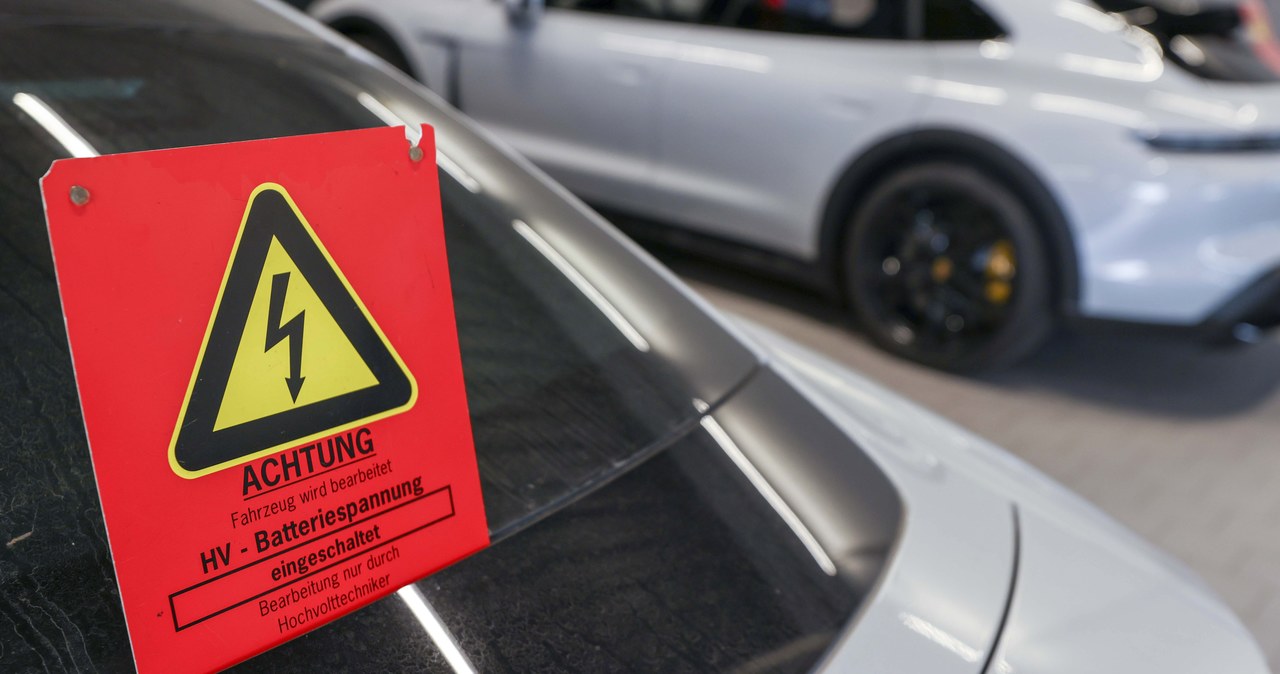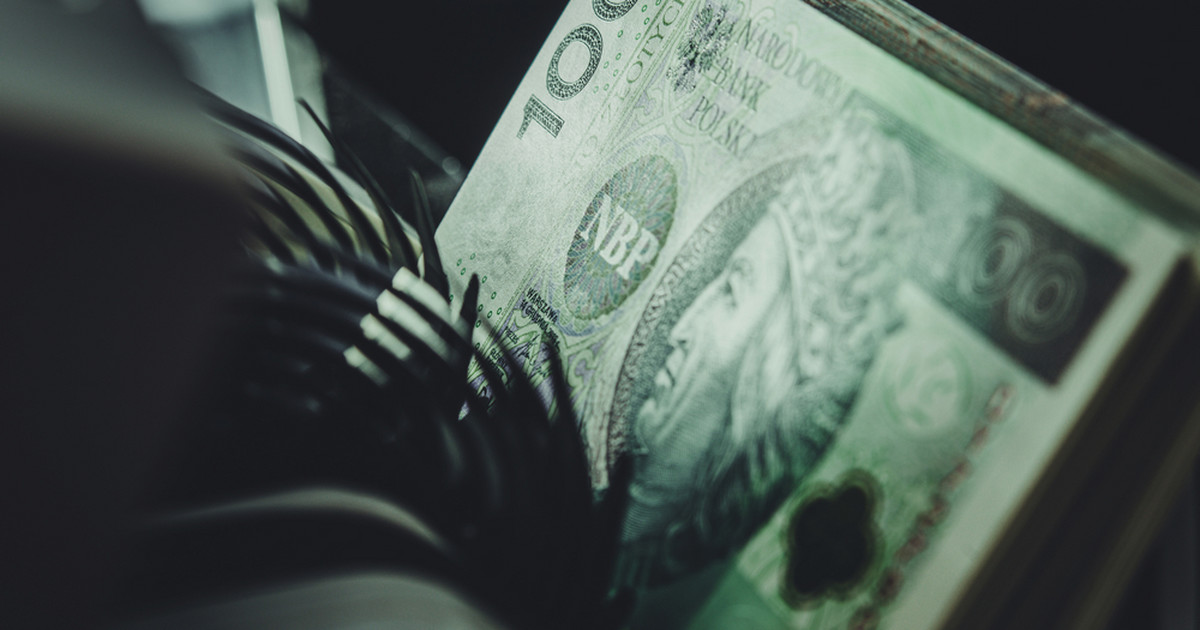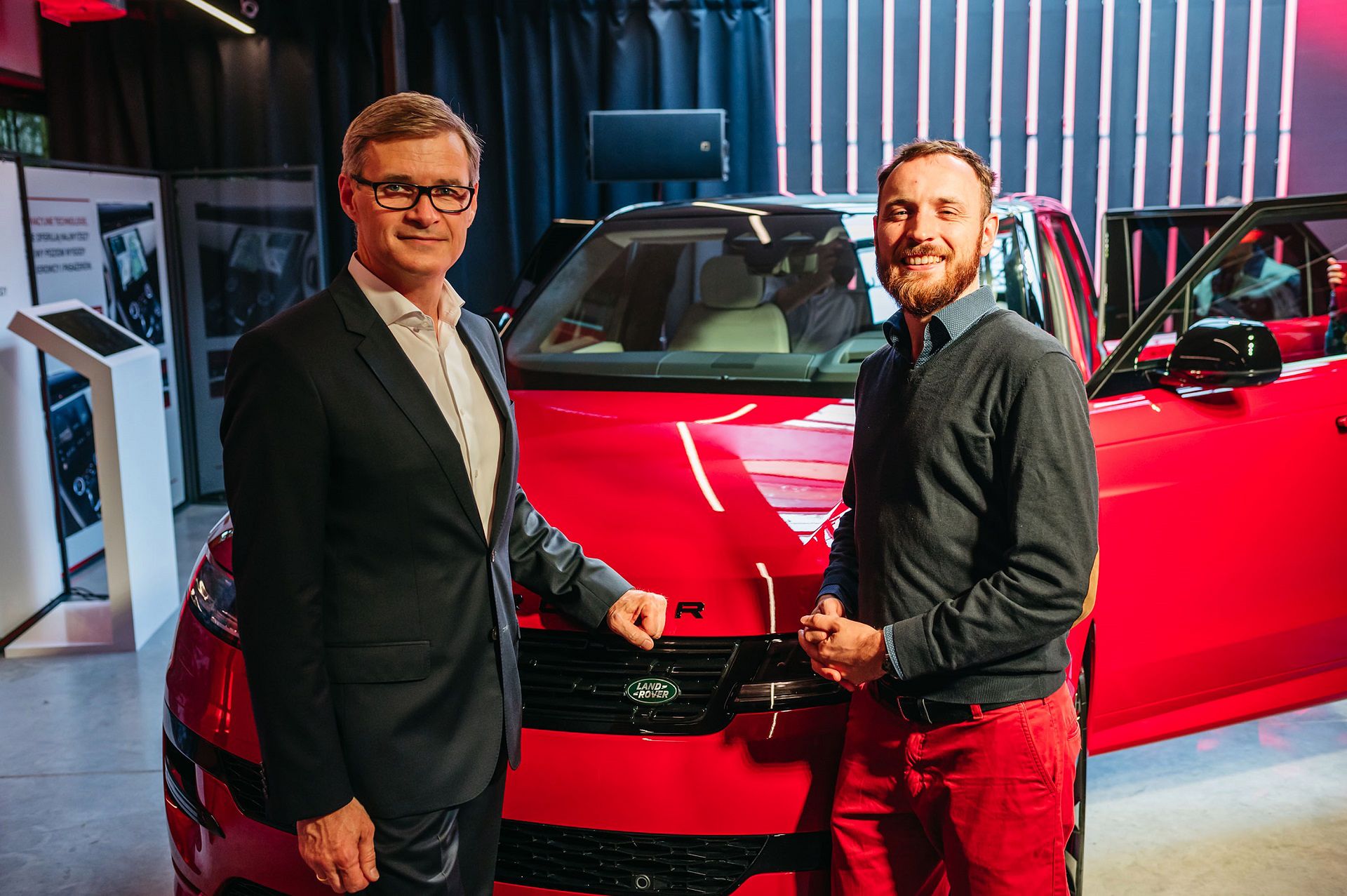There are currently only 91 “large” electric vehicle manufacturers registered in China. I use the word “mere” intentionally, because in 2019, the list of car brands offering such vehicles had more than 500 items. However, the rapid pace at which successor manufacturers are disappearing does not indicate that Chinese interest in electric cars is waning. This is a “natural” result of the policy carefully implemented by local authorities, which aims to make China the largest automobile power in the world.
The latest data from the China Automotive Technology and Research Center indicates that there are only 91 companies producing electric cars in the Middle Kingdom today. And they will likely soon be fewer, because registration data shows that up to a third of them currently record nominal sales of fewer than 500 cars per quarter. For comparison, 75,000 cars left Tesla’s Shanghai factory in the last quarter. Cars.
For example, VM Motor, founded in 2018, with initial backing from Baidu Inc., recorded a sales decline of more than 90%. The restructuring application was submitted to the court in Shanghai. Everything indicates that the manufacturer will not survive next year, and it is worth recalling that after the announcement of cooperation with Baidu, its market value exceeded the value of the Ford Group!
Industry website Automotive News also draws attention to the tragic case of China Evergrande New Energy Vehicle Group, whose board of directors publicly announced in 2019 that the company would one day acquire the US company Tesla. Financial statements show that last year the manufacturer lost US$10.8 million for every battery-electric vehicle sold.
However, we should realize that mass bankruptcies do not indicate a decline in interest in electric vehicles in China. Rather, it is the result of a policy of supporting domestic producers – implemented for almost two decades – which was aimed at developing technological advantages over European and American car manufacturers. Very effective policy.
I would like to remind you that in the mid-2000s, China provided preferential loans and various subsidies for the purchase of electric vehicles produced by domestic manufacturers. The Chinese government has subsidized the purchase of an electric car for up to $8,400, or PLN 60,000 per car. yuan. On the one hand, it caused a wave of exploitation and embezzlement (according to official Chinese data, the volume of fraud was said to have reached 1.3 billion US dollars), but on the other hand – it stimulated internal competition and led to the creation of hundreds of producers.
The wave of bankruptcies is a natural consequence of the phasing out of government programs that support electric mobility. They are no longer needed today, because – after the first half of the calendar year. 2023 – China has just become The world’s largest automobile exporter. Car exports from the Middle Kingdom during the first half of the year amounted to 2.34 million cars, surpassing Japan in this regard.
Many years of financial support for the development of electric mobility in China have led to the emergence of clear leaders in this sector, and now there is no longer a need for such a policy. Naturally, companies that relied largely on this financing disappear from the market. Suffice it to say that the top ten of the 91 electric vehicle manufacturers operating today in China are responsible for 80 percent. Total sales of electric cars in the Middle Kingdom.
The undisputed king in this field is BYD, whose share of total sales reaches 36.3%. Interestingly, the second electric powerhouse in China is the local subsidiary of Tesla with a market share of 8.4%. The ten largest electrical manufacturers in the People’s Republic of China include:
- GAC ION (6,9 PROC),
- SAIC-GM-Wuling (5,5 Proc),
- Jelly (5.5 Broc),
- Changan (4.8 percent),
- Lee Otto (4.7 Broc),
- Great Wall Engine (2.9 Brook),
- Neo (2.1 Proc),
- net (1.7 proc).
It is estimated that there are currently about 11 million battery-powered cars on Chinese roads, which is half the number of all such cars registered in the world. Last year alone, about 6 million electric and hybrid cars hit the roads from Chinese factories.

Echo Richards embodies a personality that is a delightful contradiction: a humble musicaholic who never brags about her expansive knowledge of both classic and contemporary tunes. Infuriatingly modest, one would never know from a mere conversation how deeply entrenched she is in the world of music. This passion seamlessly translates into her problem-solving skills, with Echo often drawing inspiration from melodies and rhythms. A voracious reader, she dives deep into literature, using stories to influence her own hardcore writing. Her spirited advocacy for alcohol isn’t about mere indulgence, but about celebrating life’s poignant moments.










